
A profound understanding of America’s intricate past isn’t just a pursuit for academics or historians; it’s a vital component for every citizen aiming to grasp the present landscape of the United States. Many of us, unfortunately, find that our foundational education in history often leaves gaps, sometimes even perpetuating myths. As James W. Loewen highlighted in his groundbreaking work, ‘Lies My Teacher Told Me,’ countless history textbooks used across the country have contained inaccuracies, leaving students with an incomplete, or even distorted, view of our shared heritage.
If you’re looking to peel back the layers of common historical misconceptions and uncover the authentic narrative of our nation’s past, this curated reading list is your essential guide. We’ve brought together a collection of books that offer a wide-ranging history of the United States, each told from distinct and often illuminating perspectives. Whether you’re a seasoned history enthusiast or just beginning your journey into American studies, you’re sure to discover something here that will captivate and enlighten you, expanding your knowledge in profound ways.
These selections aren’t merely chronicles of events; they are crucial lessons and insights designed to inform our future. They help us understand the nation’s identity, values, and culture by detailing the struggles, triumphs, and tragedies that have shaped us. From the sparks of revolution to the ongoing civil rights movements, these books offer rich accounts of how the country has evolved, providing invaluable context for the challenges and opportunities that define our society today. By delving into these works, we gain insights into historical events and figures, learning from both past mistakes and successes to better navigate the complexities of our present and future.
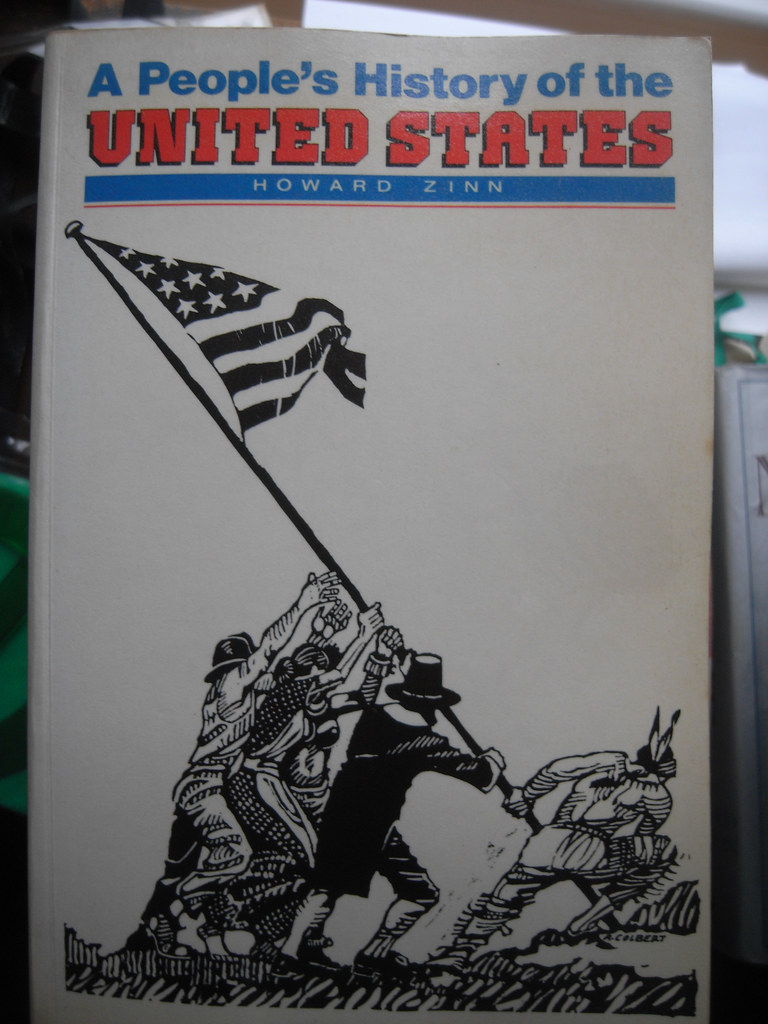
1. **A People’s History of the United States by Howard Zinn**
To truly understand the American narrative, it’s essential to listen to all the voices that have contributed to its making, not just the loudest or most dominant. Howard Zinn’s “A People’s History of the United States” stands as a monumental work that completely reorients our perspective, offering an alternative, grassroots account of U.S. history. This sweeping book tells the story of the United States not from the corridors of power, but through the eyes and experiences of those often marginalized or silenced.
Known for its “lively, clear prose as well as its scholarly research,” this volume distinguishes itself as “the only volume to tell America’s story from the point of view of—and in the words of—America’s women, factory workers, African-Americans, Native Americans, the working poor, and immigrant laborers.” Zinn challenges the conventional triumphant tales of American heroes by instead highlighting the resilience, struggles, and contributions of these often-overlooked groups. It’s an invaluable corrective to more traditional narratives that might inadvertently diminish their roles.
This book provides a powerful counter-narrative, painting a vivid picture of the relentless movements for equality that have, throughout history, frequently “met fierce resistance.” It encourages readers to rethink the idea of American exceptionalism and to consider the profound contributions of those who have historically been excluded from the history books. By doing so, it offers a much more nuanced and comprehensive understanding of the forces that have truly shaped the nation.
Engaging with Zinn’s perspective is crucial for any citizen seeking a deeper understanding of the United States, fostering a more critical and empathetic view of its development. It helps us see the enduring impact of collective action and the persistent quest for justice that runs like a thread through American history, reminding us that progress often stems from the bottom up.
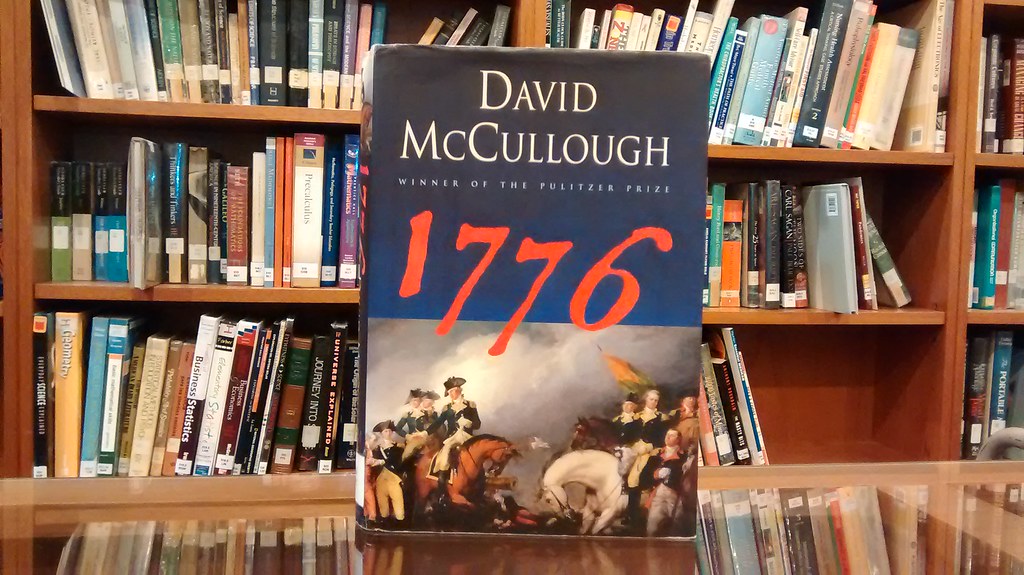
2. **1776 by David McCullough**
For those seeking to immerse themselves in the dramatic birth pangs of the United States, David McCullough’s “1776” is an absolutely essential read. Unlike many broader historical surveys, this masterful work zeroes in on a single, pivotal year, telling the intensely human story of those who marched alongside George Washington during the Revolutionary War. It’s a captivating narrative that brings the struggle for independence to vivid, immediate life.
McCullough’s brilliance lies in his ability to populate this pivotal moment with compelling, relatable figures. He chronicles “the story of Americans in the ranks, men of every shape, size, and color, farmers, schoolteachers, shoemakers, no-accounts, and mere boys turned soldiers.” But it’s not just a story of American patriots; it also delves into “the story of the King’s men, the British commander, William Howe, and his highly disciplined redcoats who looked on their rebel foes with contempt and fought with a valor too little known.” This dual perspective adds incredible depth to the conflict.
The author’s “vivid storytelling brings to life the personalities and decisions that shaped the country’s independence,” making the strategic blunders, acts of heroism, and moments of despair feel palpable. Readers will gain a profound appreciation for the sheer grit and determination required to forge a new nation against overwhelming odds, experiencing the Revolutionary War not just as a series of battles but as a deeply personal and uncertain struggle.
“1776” is consistently lauded as a “fantastic American history choice,” providing a detailed and human-centered account of the events leading up to the country’s independence. It’s a powerful reminder that history is ultimately driven by people, their courage, their fears, and their unwavering belief in an ideal, offering insights that resonate strongly with the spirit of determination.
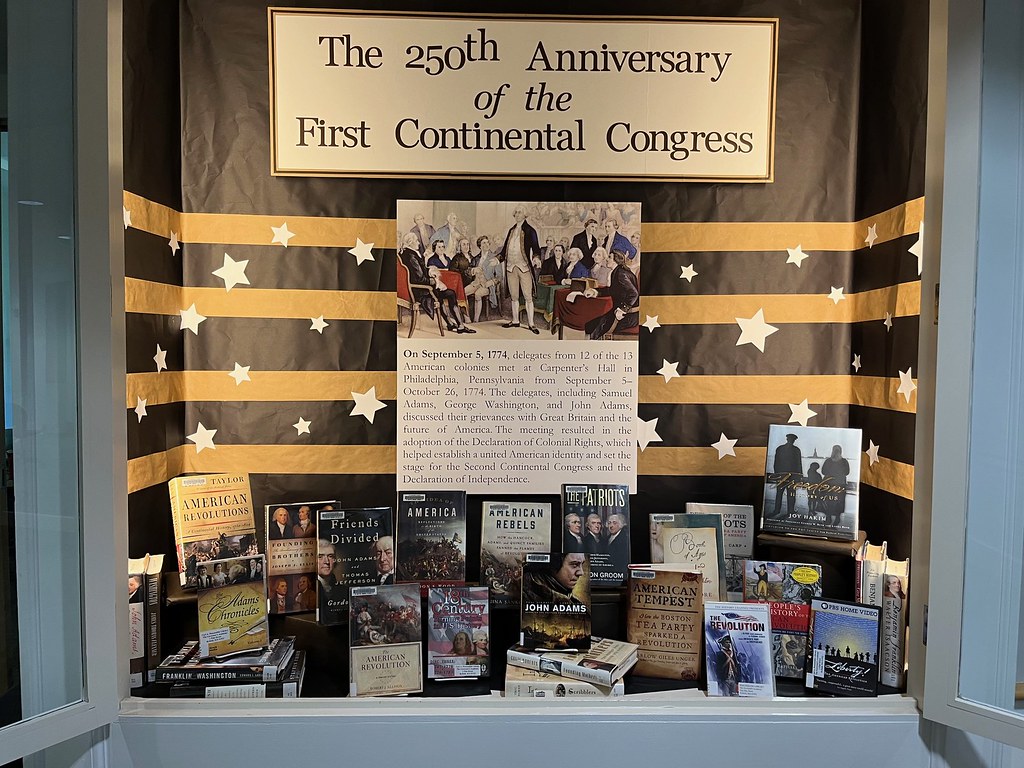
3. **Founding Brothers: The Revolutionary Generation by Joseph J. Ellis**
To truly grasp the foundational principles and enduring resilience of the United States, one must look beyond the written documents and delve into the intricate personal dynamics of its earliest leaders. Joseph J. Ellis’s “Founding Brothers: The Revolutionary Generation” offers a captivating exploration of the intense relationships and complex characters that defined America’s revolutionary era. This book illuminates how the nascent republic managed to endure despite, and often because of, its contentious beginnings.
Ellis proposes a compelling argument: that “the checks and balances that permitted the infant American republic to endure were not primarily legal, constitutional, or institutional, but intensely personal, rooted in the dynamic interaction of leaders with quite different visions and values.” This perspective challenges conventional understandings, suggesting that the diverse personalities and often clashing ideologies of figures like Washington, Adams, Jefferson, and Hamilton were crucial to the nation’s eventual stability and growth.
By “revisiting the old-fashioned idea that character matters,” “Founding Brothers” provides invaluable insights into “our understanding of American politics–then and now–and gives us a new perspective on the unpredictable forces that shape history.” It allows readers to appreciate the immense intellectual and personal struggles faced by these individuals as they grappled with unprecedented challenges, forging a new form of governance from a multitude of competing ideals and fierce loyalties.
This book is an essential read for anyone seeking to understand the deep-seated origins of American political discourse and the enduring legacy of compromise and contention that has characterized our nation from its inception. It makes the abstract ideals of liberty and self-governance tangible through the lived experiences of the remarkable men who brought them into being, revealing the human drama behind the founding documents.
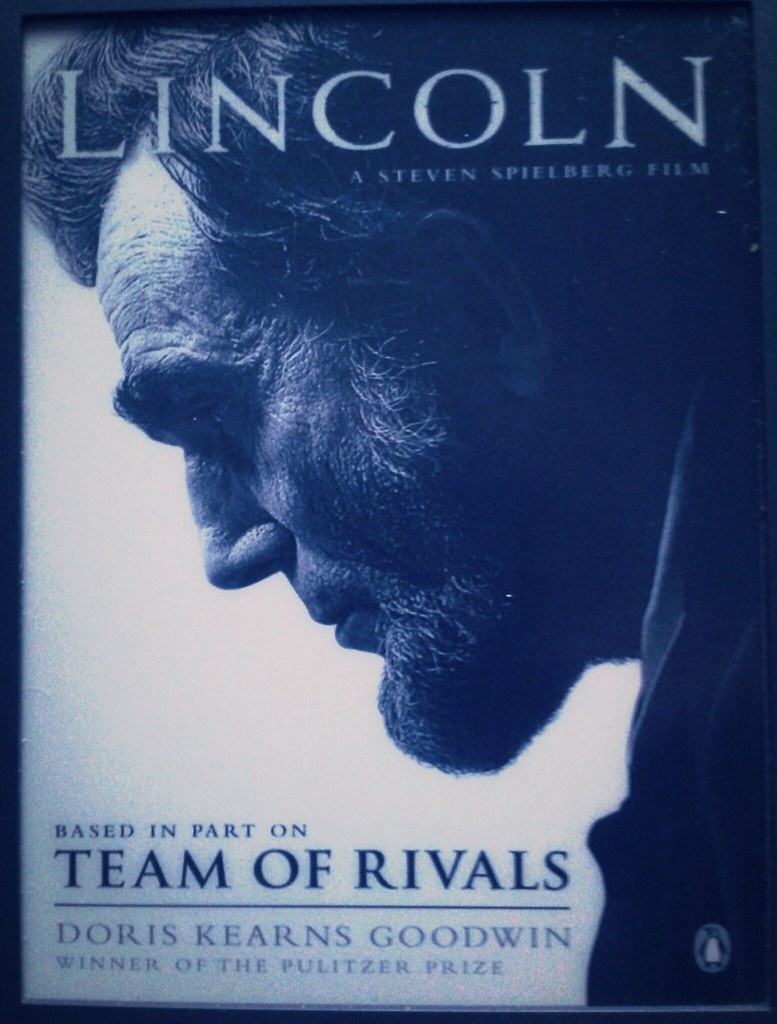
4. **Team of Rivals: The Political Genius of Abraham Lincoln by Doris Kearns Goodwin**
When we reflect on moments of profound national crisis, the leadership of Abraham Lincoln during the Civil War invariably comes to mind. Doris Kearns Goodwin’s “Team of Rivals: The Political Genius of Abraham Lincoln” offers an unparalleled look into how Lincoln navigated the most perilous period in American history, not by unilateral decree, but through an astonishing mastery of human dynamics and political strategy. This book is a testament to the power of unifying diverse talents, even those of former adversaries.
Goodwin immerses us in the White House during “the long, horrifying struggle,” allowing us to witness firsthand “Lincoln copes with incompetent generals, hostile congressmen, and his raucous cabinet.” What makes Lincoln’s approach so remarkable is his ability to transcend personal animosities and political grudges. He achieved this “by winning the respect of his former competitors,” transforming rivals like William H. Seward into loyal and crucial allies who helped steer the nation through its darkest hour.
The narrative brilliantly centers “on Lincoln’s mastery of men and how it shaped the most significant presidency in the nation’s history.” It’s not just a biography of Lincoln, but a study in effective governance and the art of persuasion, illustrating how he could harness conflicting viewpoints and strong personalities into a cohesive, goal-oriented team. This capacity for empathetic leadership, even amidst profound disagreement, offers timeless lessons for our own political climate.
Reading “Team of Rivals” provides deep insights into the character and strategic mind of one of America’s most revered leaders. It underscores the idea that true strength in leadership often lies in intellectual humility, a willingness to listen, and the extraordinary skill to unite disparate forces for a common good. It’s a compelling story that continues to inspire and inform our understanding of leadership in challenging times.
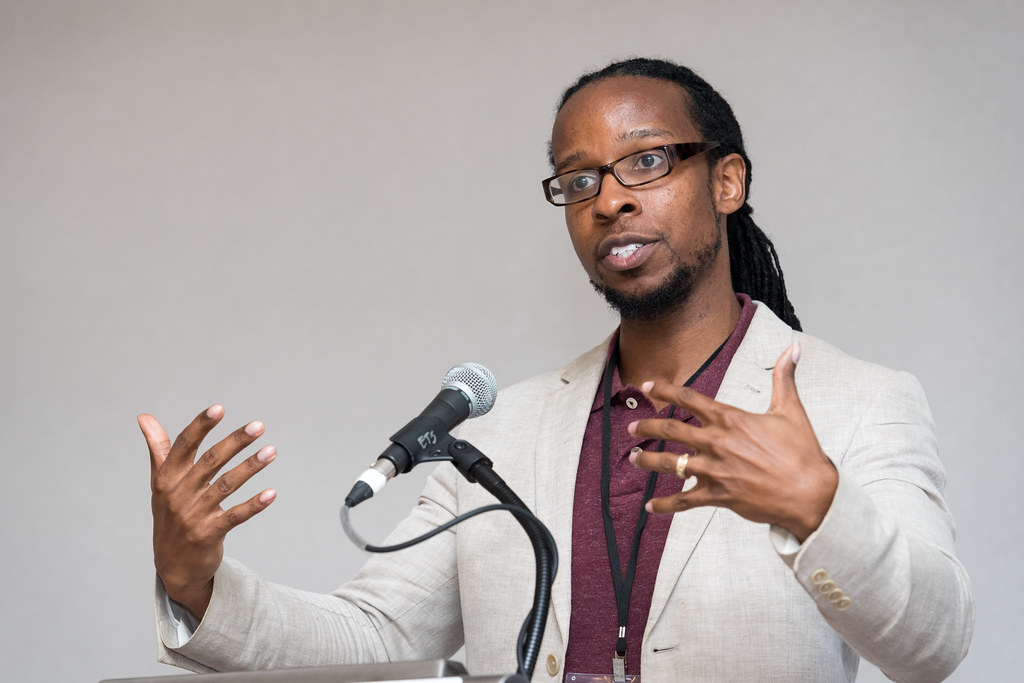
5. **Stamped from the Beginning: The Definitive History of Racist Ideas in America by Ibram X. Kendi**
To genuinely understand the fabric of American society, one must confront the pervasive and insidious history of racist ideas. Ibram X. Kendi’s “Stamped from the Beginning: The Definitive History of Racist Ideas in America” is a vital and deeply researched work that chronicles “the entire story of anti-Black racist ideas and their staggering power over the course of American history.” This book is not just a recounting of events, but an intellectual history that challenges many ingrained assumptions about how racism operates.
Kendi takes an innovative approach, utilizing “the life stories of five major American intellectuals to offer a window into the contentious debates between assimilationists and segregationists and between racists and antiracists.” By examining figures such as Puritan minister Cotton Mather, Thomas Jefferson, abolitionist William Lloyd Garrison, W.E.B. Du Bois, and Angela Davis, the book reveals how racist ideas have been produced, disseminated, and challenged across different eras, illustrating their evolution and persistence.
This “deeply researched and fast-moving narrative” is crucial for anyone seeking to unravel the complex ways in which racist ideas have shaped policies, institutions, and individual perceptions throughout American history. It demonstrates that racism is not merely an expression of ignorance or hatred, but a carefully constructed ideology often used to justify and perpetuate power imbalances, making its analysis essential for any meaningful societal progress.
“Stamped from the Beginning” is a powerful and essential read for gaining “a deeply-researched look at how racist ideas have impacted American history.” It encourages a critical examination of historical narratives and contemporary issues, providing the intellectual tools necessary to understand and ultimately dismantle the enduring legacy of racial inequity in the United States. Its insights are indispensable for fostering a truly equitable future.
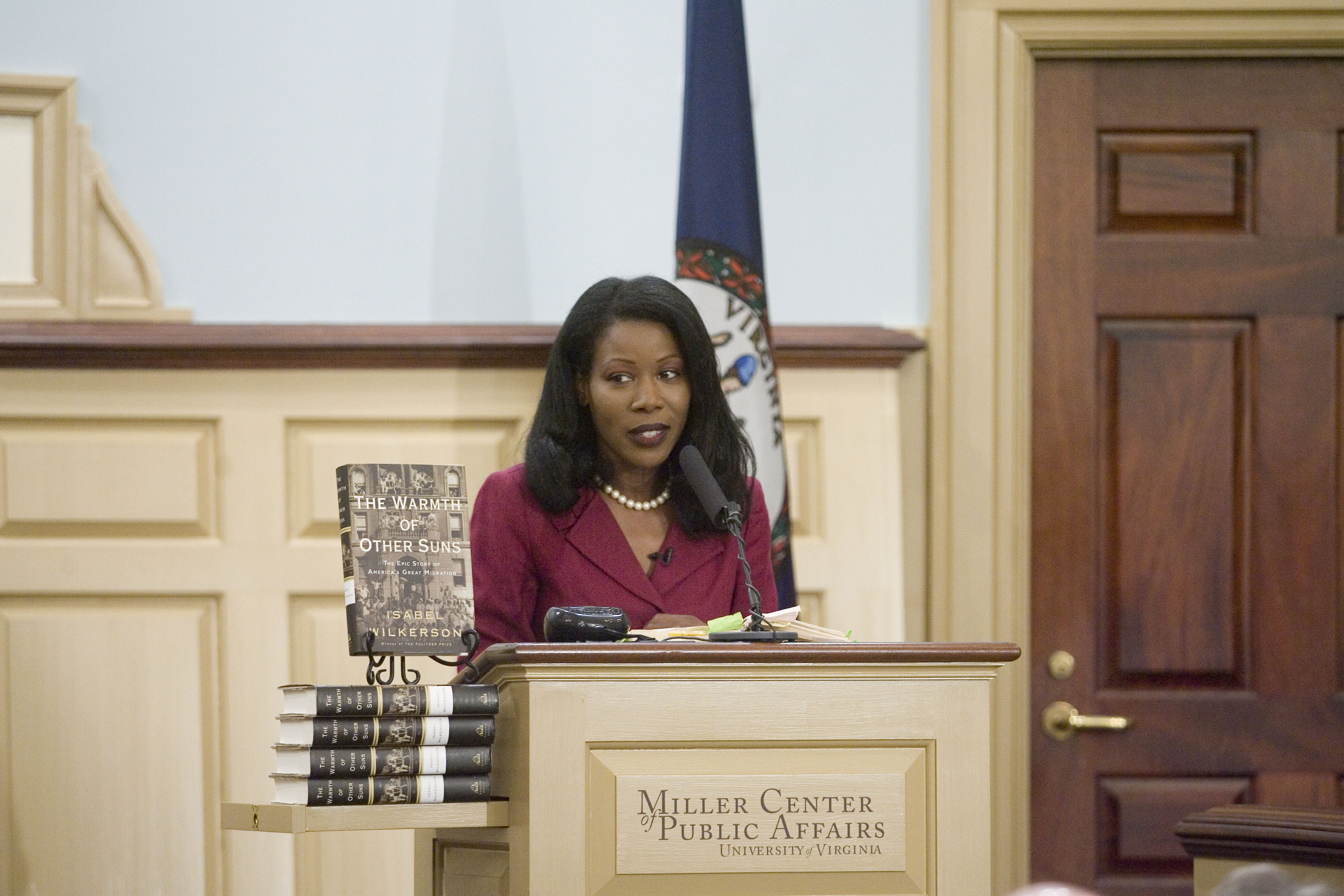
6. **The Warmth of Other Suns: The Epic Story of America’s Great Migration by Isabel Wilkerson**
American history is replete with stories of migration, but few are as profound and impactful as the Great Migration, an epic movement that reshaped the nation. Pulitzer Prize–winning author Isabel Wilkerson’s “The Warmth of Other Suns” is a “beautifully written masterwork” that chronicles “one of the great untold stories of American history: the decades-long migration of black citizens who fled the South for northern and western cities, in search of a better life.” It’s a deeply personal and expansive account that gives voice to a momentous demographic shift.
This “masterful work of narrative nonfiction” explores an “under-recognized aspect of American history,” detailing how “from 1915 to 1970, this exodus of almost six million people changed the face of America.” Wilkerson doesn’t just present statistics; she humanizes this vast movement by telling “the stories of three individuals who left the South during the 20th century in search of greater opportunities and freedom in the North and West.” Through their interwoven narratives, readers experience the hopes, hardships, and triumphs of this transformative journey.
The book sheds vital light on the systemic oppression faced by Black Americans in the Jim Crow South, and the extraordinary courage it took to leave everything behind in pursuit of dignity and a different future. It vividly portrays the challenges of adapting to new environments and the continuous fight for civil rights, even in places that promised liberation. The personal sacrifices and the collective impact of this migration are meticulously brought to life.
“The Warmth of Other Suns” is essential reading for understanding the complex evolution of American urban centers, the ongoing struggle for racial justice, and the deep resilience of the human spirit. It provides crucial context for current societal dynamics, revealing how this internal migration profoundly influenced everything from culture and politics to the economic landscape of the nation, leaving an indelible mark on its identity.
Now, let’s expand our historical lens even further, delving into often-hidden histories, the complexities of systemic inequalities, America’s global impact, and the contemporary challenges that have continuously reshaped the nation. These next six illuminating books promise to offer deeper insights, enriching your understanding of the American experience from multiple angles. They cover vast swaths of time and experience, from the tumultuous American West to the battlefields of World War I, and from the harrowing realities of slavery to the intricate workings of presidential power during times of profound change.
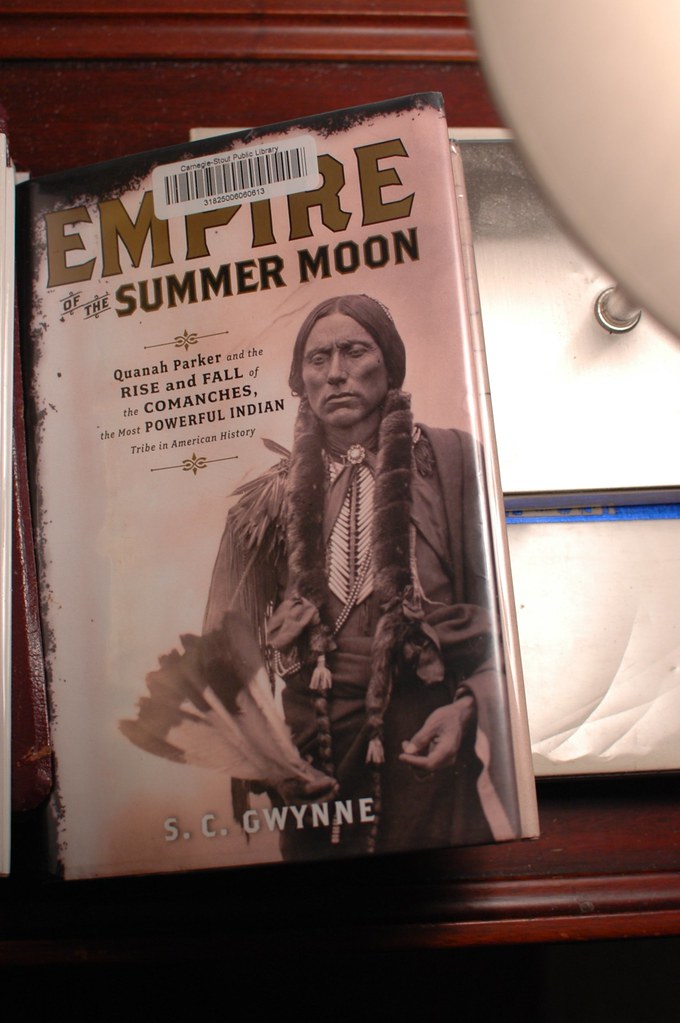
7. **Empire of the Summer Moon by S. C. Gwynne**F
For a truly comprehensive understanding of how the United States came into being, it is absolutely essential to explore the narratives that challenge the traditional westward expansion mythology. S. C. Gwynne’s “Empire of the Summer Moon” masterfully achieves this by shedding light on the protracted and often brutal war with the Comanches, a conflict that “lasted four decades, in effect holding up the development of the new American nation.” This gripping account provides an indispensable perspective on a foundational period often overlooked in mainstream histories.
Gwynne’s exhilarating narrative is remarkably sweeping, meticulously weaving together numerous historical threads that defined the American West. It “encompasses Spanish colonialism, the Civil War, the destruction of the buffalo herds, and the arrival of the railroads,” illustrating how deeply intertwined these events were in shaping the landscape and destiny of the nascent United States. The book reveals the profound human costs and strategic complexities of a conflict that had far-reaching consequences for all involved.
At the heart of this historical feast lies the “amazing story of Cynthia Ann Parker and her son Quanah.” Their intertwined fates offer a deeply personal lens through which to view the clash of cultures, the struggle for land, and the relentless forces of change that swept across the American plains. Their story is not just an anecdote but a microcosm of the larger historical forces at play, illuminating the human drama inherent in this pivotal era.
“Empire of the Summer Moon” is a vital read for any citizen keen on understanding the full scope of American history. It not only fills a significant gap in many historical understandings but also challenges us to consider the perspectives of those whose lives were dramatically impacted by the nation’s expansion, enriching our grasp of the country’s complex formation.

8. **No Ordinary Time: Franklin and Eleanor Roosevelt: The Home Front in World War II by Doris Kearns Goodwin**
Doris Kearns Goodwin, a master biographer, once again delivers an unforgettable and intimate portrait of a pivotal era in “No Ordinary Time: Franklin and Eleanor Roosevelt: The Home Front in World War II.” This extraordinary work masterfully intertwines “an extraordinary collection of details,” bringing to life the immense challenges and profound transformations America faced during its engagement in World War II. It’s a book that invites us to experience history through the eyes of its most prominent figures and the nation they led.
Goodwin meticulously weaves together several crucial storylines. Readers are granted an intimate look into “Eleanor and Franklin’s marriage and remarkable partnership,” revealing the intricacies of their personal and political lives. Beyond the Oval Office, the book also highlights “Eleanor’s life as First Lady,” showcasing her groundbreaking activism and her pivotal role in advocating for social justice and equality, even amidst the global conflict.
Furthermore, the narrative thoughtfully explores “FDR’s White House and its impact on America as well as on a world at war.” Goodwin effectively portrays how decisions made within the White House reverberated across the nation and around the globe, fundamentally altering the trajectory of modern history. This dual focus on domestic life and international affairs provides a rich tapestry of a country under immense pressure.
Through this detailed and engaging account, Goodwin effectively melds these various details and stories into an intimate portrait of not just Eleanor and Franklin Roosevelt, but also of “the time during which a new, modern America was born.” It’s an essential read for understanding how the collective effort and sacrifices on the home front, alongside strategic leadership, reshaped the nation’s identity and its place on the world stage during a period of unprecedented global upheaval.

9. **Battle Cry of Freedom: The Civil War Era by James M. McPherson**
To truly comprehend the deep-seated divisions and the defining struggle that fundamentally reshaped the United States, James M. McPherson’s “Battle Cry of Freedom: The Civil War Era” stands as an unparalleled achievement. This Pulitzer Prize-winning book offers a comprehensive and nuanced account of the Civil War, providing critical insights into the forces that tore the nation apart and ultimately forged a new America. It is a work of history that continues to inform and challenge our understanding of this tumultuous period.
McPherson’s scholarship is particularly notable for its “new views on such matters as the slavery expansion issue in the 1850s, the origins of the Republican Party, the causes of secession, internal dissent and anti-war opposition in the North and the South.” He meticulously examines the complex interplay of political, economic, and social factors that led to the conflict, demonstrating that the war was not an isolated event but the culmination of decades of tension and ideological clashes over the future of the nation and the institution of slavery.
The book delves into the very core of American identity, exploring why the Union fought for its preservation and the Confederacy for its independence. McPherson’s detailed analysis of the reasons for the Union’s victory provides a compelling narrative, moving beyond simple military accounts to explore the broader societal forces and leadership decisions that proved decisive. His ability to synthesize vast amounts of information into a cohesive and engaging story is truly remarkable.
“Battle Cry of Freedom” is an indispensable resource for anyone seeking to understand the American Civil War era in its full complexity. It not only details the military campaigns and political machinations but also reveals the human experience of the conflict, from the soldiers on the battlefield to the citizens on the home front. It’s a vital contribution to our collective memory, providing a foundation for understanding the enduring legacy of this defining period on American society and its ongoing journey toward greater equality.
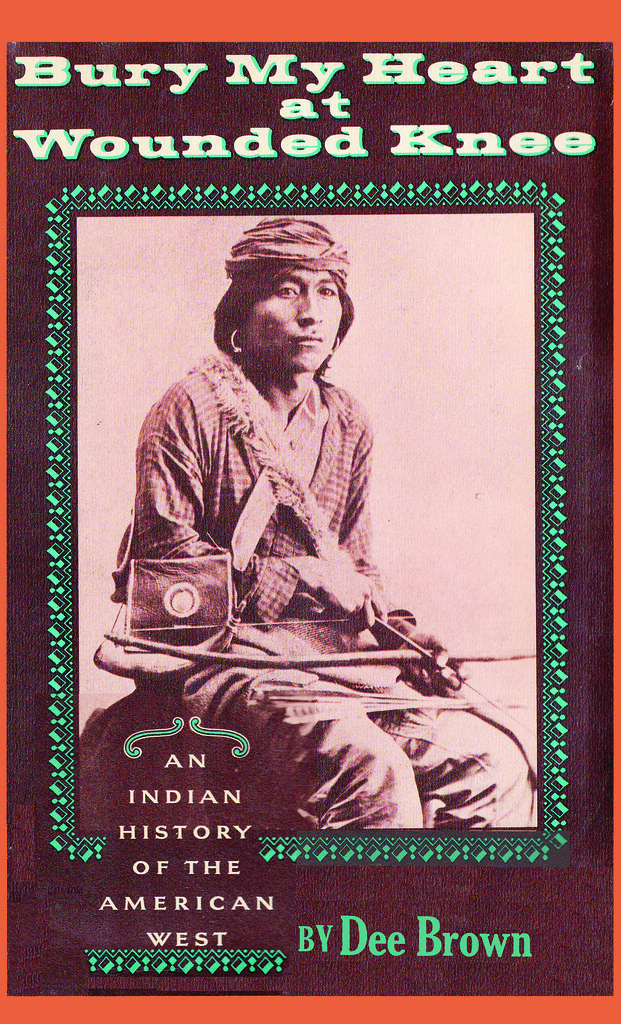
10. **Bury My Heart at Wounded Knee: An Indian History of the American West by Dee Brown**
Few books have had as profound an impact on our collective understanding of American history as Dee Brown’s “Bury My Heart at Wounded Knee: An Indian History of the American West.” This powerful and poignant work offers a groundbreaking, often heartbreaking, counter-narrative to the romanticized myths of westward expansion. It is a book that demands to be read by every citizen seeking to grasp the full, unvarnished truth of America’s past, particularly its relationship with Indigenous peoples.
Brown’s brilliance lies in his commitment to presenting history from the perspective of Native Americans. He “introduces readers to great chiefs and warriors of the Dakota, Ute, Sioux, Cheyenne, and other tribes,” drawing extensively from their own voices. By “using council records, autobiographies, and firsthand descriptions,” Brown ensures that the narratives of those who experienced the systematic dispossession of their lands and cultures are brought to the forefront, giving them the agency and dignity often denied in earlier historical accounts.
The book “reveals in heart wrenching detail the battles, massacres, and broken treaties that methodically stripped them of freedom.” It chronicles a relentless and tragic process of conquest and displacement, exposing the profound injustices suffered by Native American nations. From the iconic figures of Crazy Horse and Sitting Bull to the lesser-known but equally significant individuals, Brown crafts a narrative that is both epic in scope and deeply personal in its emotional resonance, making the reader confront the difficult realities of this history.
“Bury My Heart at Wounded Knee” is celebrated for how it “permanently altered our understanding of how the American West came to be defined.” It challenged generations of readers to re-evaluate cherished national myths and to acknowledge the devastating impact of manifest destiny on Indigenous populations. This book remains a cornerstone for anyone striving for a more truthful and complete comprehension of American history, emphasizing the importance of diverse perspectives in shaping our national story and addressing ongoing systemic inequalities.
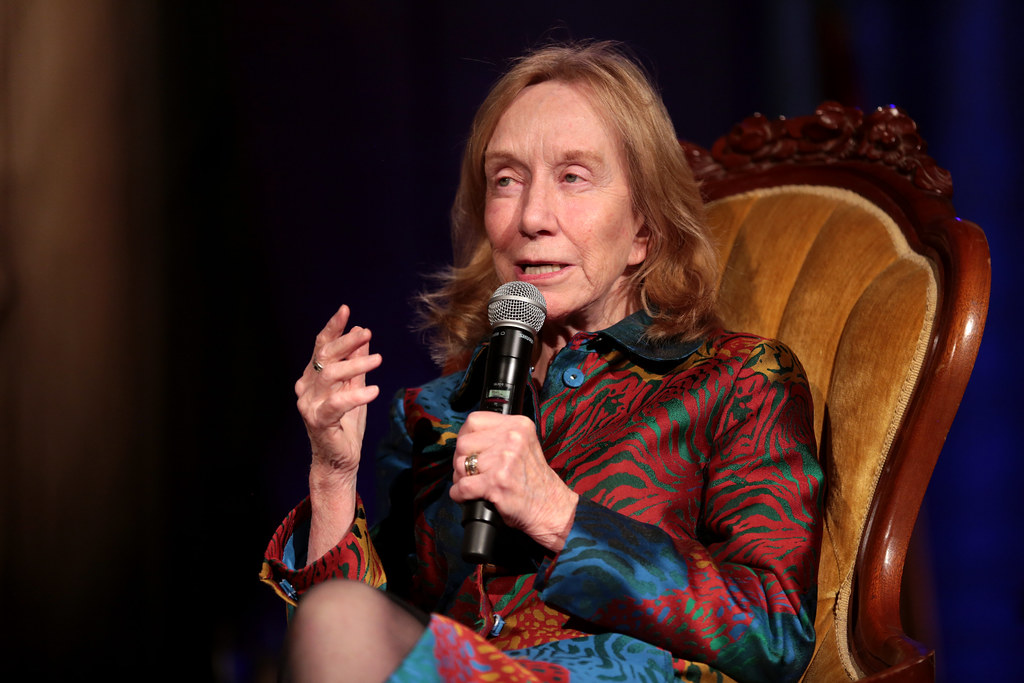
11. **The Bully Pulpit: Theodore Roosevelt, William Howard Taft, and the Golden Age of Journalism by Doris Kearns Goodwin**
Another exceptional contribution from Doris Kearns Goodwin, “The Bully Pulpit: Theodore Roosevelt, William Howard Taft, and the Golden Age of Journalism,” offers a fascinating dive into the Progressive Era, a period ripe with political ambition, social reform, and the burgeoning power of investigative journalism. This book is not merely a dual biography but a profound exploration of how personal relationships intersect with national politics, ultimately changing the course of American history.
Goodwin meticulously unpacks the “intense friendship of Theodore Roosevelt and William Howard Taft—a close relationship that strengthens both men before it ruptures in 1912.” This narrative arc, charting the evolution from profound mutual respect and collaboration to bitter rivalry, provides a compelling human drama that mirrors the broader political shifts of the early 20th century. Readers gain insight into the complexities of leadership and loyalty during a time of significant governmental transformation.
The book vividly portrays the brutal fight for the presidential nomination that ensued, a conflict so intense that it “divides their wives, their children, and their closest friends.” This personal toll underscores the high stakes of political power and ideological conviction. Goodwin skillfully illustrates how this rupture had far-reaching consequences, extending beyond the individuals involved to impact the very fabric of American governance.
Ultimately, the battle between Roosevelt and Taft had a monumental effect, “crippling the progressive wing of the Republican Party, causing Democrat Woodrow Wilson to be elected, and changing the country’s history.” “The Bully Pulpit” is an essential read for understanding the origins of modern political dynamics, the role of media in shaping public opinion, and the lasting legacy of the Progressive Era on America’s social and political landscape. It offers invaluable lessons on leadership, ambition, and the unpredictable forces that shape the nation.
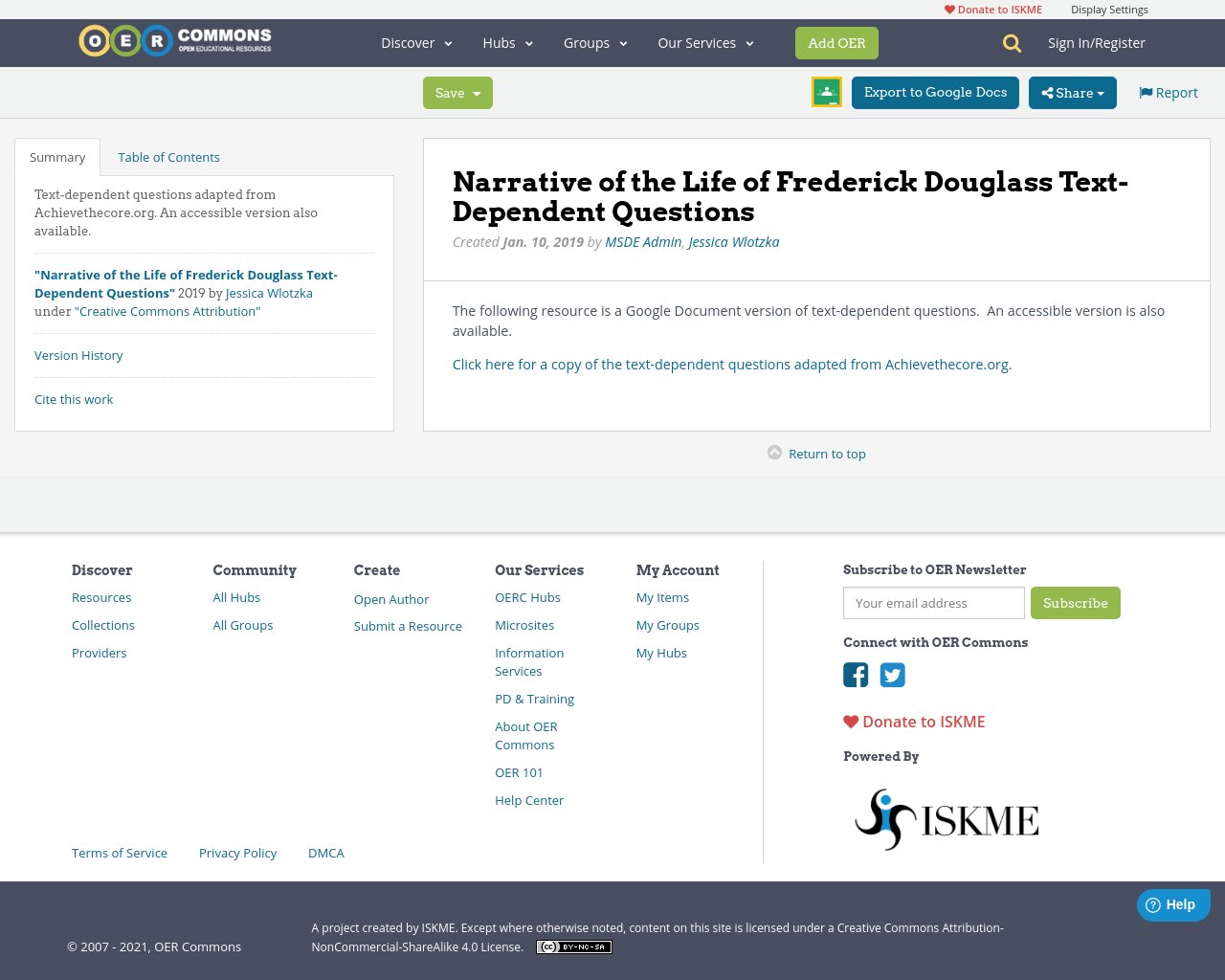
12. **Narrative of the Life of Frederick Douglass by Frederick Douglass**
No list of essential American history reads would be complete without the profound and utterly indispensable “Narrative of the Life of Frederick Douglass.” This autobiography, the first and most widely read of his three, is a foundational text that provides an unvarnished, firsthand account of the brutal realities of slavery and the extraordinary human spirit’s quest for freedom. It’s a testament to resilience, intellect, and the power of the written word to effect change.
Douglass’s narrative stands as a powerful indictment of the institution of slavery, offering “graphic descriptions of his childhood and horrifying experiences as a slave.” He spares no detail in revealing the physical and psychological torments endured by enslaved people, making the abstract concept of bondage terrifyingly real. His eloquent prose gives voice to the voiceless, compelling readers to confront the moral atrocity that scarred the nation’s early history.
The book meticulously chronicles “a harrowing record of his dramatic escape to the North and eventual freedom,” a journey that was as perilous as it was courageous. Douglass’s determination to seize his liberty, against all odds, serves as an enduring symbol of resistance and the universal desire for self-determination. His story is not just one of individual triumph but a powerful beacon for all who fight against oppression.
Published in 1845, the “Narrative” served a crucial purpose: “to quell doubts about his origins — since few slaves of that period could write.” Its immediate impact was immense, galvanizing the abolitionist movement and challenging racist justifications for slavery. Today, it is revered for its “extraordinary passion, sensitive and vivid descriptions and storytelling power,” continuing to educate and inspire readers with its timeless message of justice and human dignity.
Read more about: Massachusetts: A Comprehensive Look at the Bay State’s Enduring Legacy, Economic Evolution, and Forward-Thinking Initiatives
Delving into these twelve remarkable books offers far more than a simple recounting of past events; it provides an essential toolkit for understanding the very soul of the United States. Each volume on this curated list unveils unique perspectives, challenging preconceived notions and illuminating the intricate tapestry of American experiences. From the triumphs of nation-building and moments of profound leadership to the often-hidden struggles of marginalized communities and the ongoing fight against systemic inequalities, these books collectively paint a rich, complex, and vital portrait of our nation. By engaging with these diverse narratives, every citizen can gain deeper insights into the forces that have shaped our society, learn from both past mistakes and successes, and better navigate the complexities and opportunities that define America today. This journey through history is not just about the past; it’s about empowering ourselves to build a more informed and equitable future. Happy reading!



